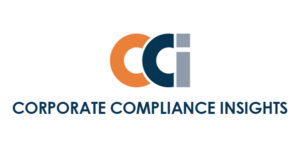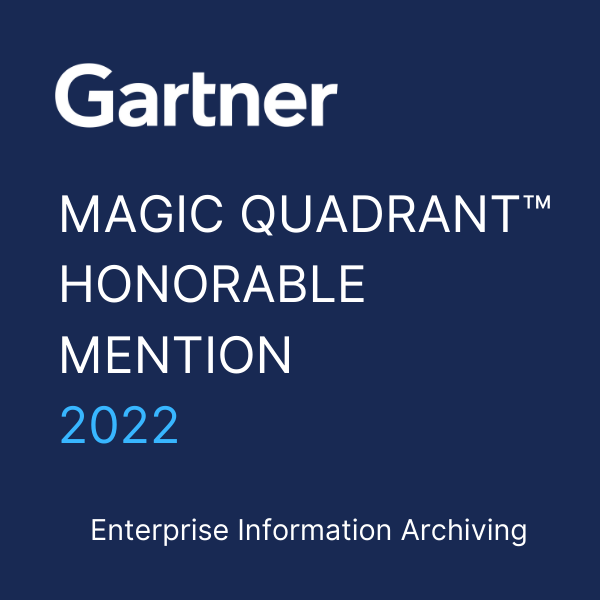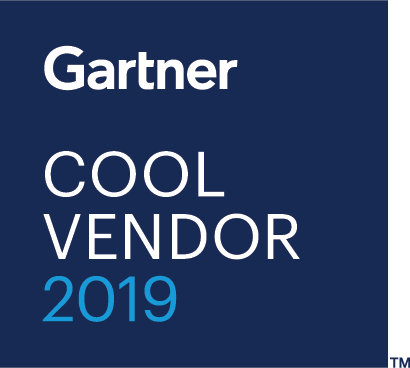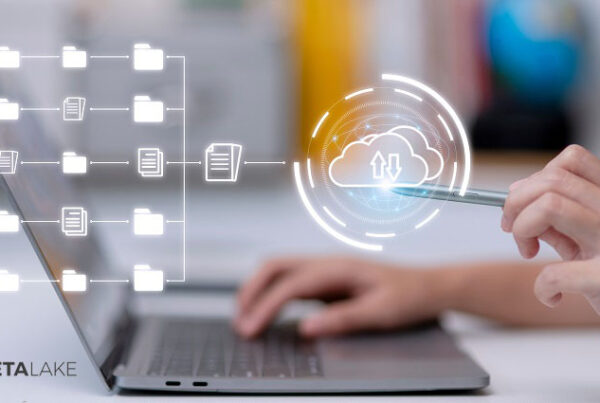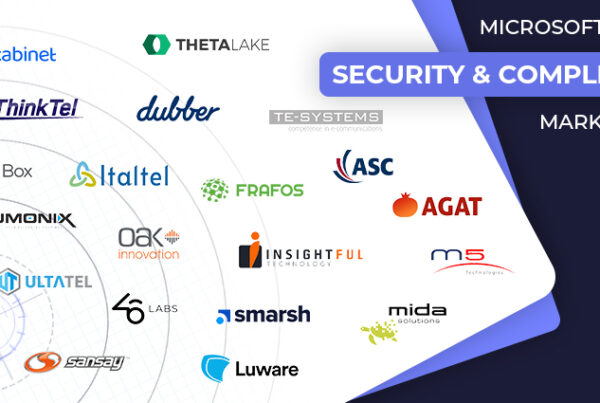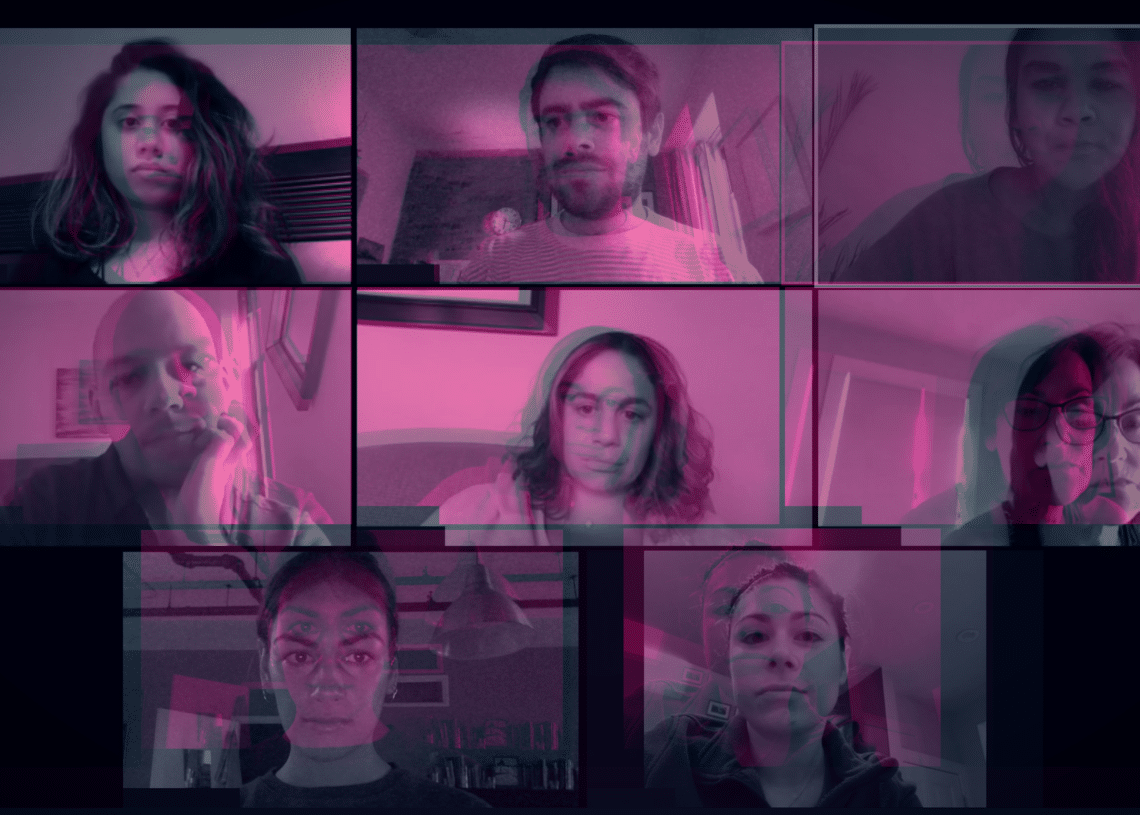
Collaboration Platforms Require Governments to Record Video, Audio, Chat and More
The continued reliance on digital chat platforms is causing small and local governments to struggle to fulfill basic functions of open government. Marc Gilman provides a rundown of the situation and potential solutions.
The reliance on videoconferencing platforms to conduct routine business continues to bottleneck the work of small and local governments (SALGs). Besides adding complexity, the communications on these platforms must be recorded and logged to ensure open governments.
The pandemic pushed business of all stripes from banks to bicycle makers to adopt collaboration and chat tools like Zoom, Microsoft Teams, Cisco Webex and Slack to continue business operations and serve customers. However, SALGs also confronted the challenges of remote work as their core constituents rely on face-to-face interactions to conduct official meetings, assess and issue certifications and gather feedback from the public on issues related to community interest.
Have fully given up and just started emailing FOIA agents “your delays are illegal”
— Dan Moritz-Rabson (@DMoritzRabson) June 16, 2021
It should come as no surprise that SALGs increased their use of collaboration and chat tools to respond to COVID-19, moving many services online. A scan of SALG websites confirms that videoconferencing tools are being used for everything from issuing marriage licenses and city planning to convening virtual hearings. Based on a survey conducted by the International Public Management Association for Human Resources, SALGs increased their teleworking employee base from 16 percent to 63 percent during the pandemic — a nearly fourfold increase during an extremely short time frame.
A knock-on effect of the migration of governmental activity to collaboration and chat platforms is the corresponding requirement for agencies to quickly and effectively respond to freedom of information requests related to these new platforms. Information requests may now include official meetings or internal discussions that took place over Zoom, MS Teams or Slack and could involve the video, audio, chat and file transfer elements of those conversations.
All this has rapidly slowed SALG operations. The average time it took to fulfill public records requests rose from 346 hours in Q1 2020 to 2,124 by the fourth quarter, according to analysis by GovQA.
Given the breadth of collaboration and chat platform capabilities, SALGs with requirements to capture, retain and search this dynamic content to comply with relevant public records laws is increasingly difficult. In this article, we’ll examine the new and unique communication data generated by collaboration and chat applications, consider how supporting technologies can help SALG compliance teams manage requests and highlight how proactive SALGs can use technology to improve security and privacy controls.
Collaboration and Chat Introduce New and Novel Official Data Types
An official SALG meeting via Zoom, Teams or Webex might include discussions about the parameters of a license and a display of mandatory supporting identification through a screen-share, as well as chat discussions and the transmission of an application. When faced with an information request pertaining to a particular individual or topic, SALGs must determine if any portion of a collaboration conversation might be responsive to the query.
Imagine, for example, that during a conversation about a building construction permit issuance over Zoom, an assessor provides a qualifying caveat or explicit authorization verbally or through the chat. Additionally, consider that screen-shares or webcams may have been used to display sample documents or, more nefariously, display documents with specific language about how to circumvent particular licensing requirements.
In this example, the ability to search and filter content to identify the assessor or applicant as well as parse screen-shares, webcams and chat for the authorization or offending advice is critical. Without the right supporting tools, manually sifting through hours-long licensing conversations or public meetings to determine relevance to a particular request will be time consuming and inefficient.
Given that freedom of information laws require initial responses within as few as five days, the ability to swiftly and accurately query vast communication datasets is essential. SALG compliance teams must contend both with the proliferation of dynamic chat and collaboration content and the strict timelines for collecting, reviewing and providing relevant data to requestors.
Supporting Technologies Can Enable SALG Compliance
SALG compliance officers facing the prospect of searching collaboration and chat conversations for official records can use supporting technologies to effectuate comprehensive and efficient review and retrieval protocols.
Systems can capture the video, audio, text and file transfer aspects of collaboration and chat tools. Supporting technologies that integrate with multiple collaboration and chat applications and also with key audio recording, video content management and email applications offer the enhanced benefit of enabling SALGs to centralize communication retention and related search on a single platform.
A crucial complimentary capability for any SALG compliance platform is the ability to effectively search the collected collaboration content in a meaningful and accurate manner. Supporting technologies can employ machine learning and natural language processing techniques to identify personally identifiable information and other data across what was spoken, shown and shared during conversation. Furthermore, AI techniques can be used to understand communications in context to parse out only those conversations relevant to a particular inquiry.
Looking to the Future: Proactive Compliance Beyond FOIA
Finally, for SALGs seeking a more proactive approach to data protection and privacy, using modern technologies to analyze communications data on a routine basis, outside the FOIA framework, can provide meaningful risk mitigation. Determining if sensitive personal data of employees or citizens is being displayed through screen-shares or file transfers can help to identify potential data leakage events. Platforms can be configured to redact sensitive information like Social Security numbers, email addresses or birthdates to obfuscate or mute them during the review process, limiting data exposure. Remediation features can remove sensitive content from within chat conversations to reduce data proliferation and minimize exposure risk.
Hybrid Governing Is Here to Stay
Hybrid governing — comprised of a connective fabric of collaboration and chat applications to support official processes — is becoming the de facto norm in SALGs, even as return-to-work plans progress. Ever-expanding volumes of collaboration and chat data will pose an escalating challenge to official information management and request processes, as well as to baseline security and privacy controls.
Forward-thinking SALGs can leverage these changes as an inflection point to revamp strategies for managing communications data and responding to public records requests. Hybrid governing also presents an opportunity for SLAGs to elevate security and privacy practices pertaining to collaboration and chat platforms and, in so doing, better protect the organization, its employees and the public
The article first appeared on Corporate Compliance Insights on July 1st.
Access the original article here, by Marc Gilman, General Counsel and VP of Compliance at Theta Lake.
